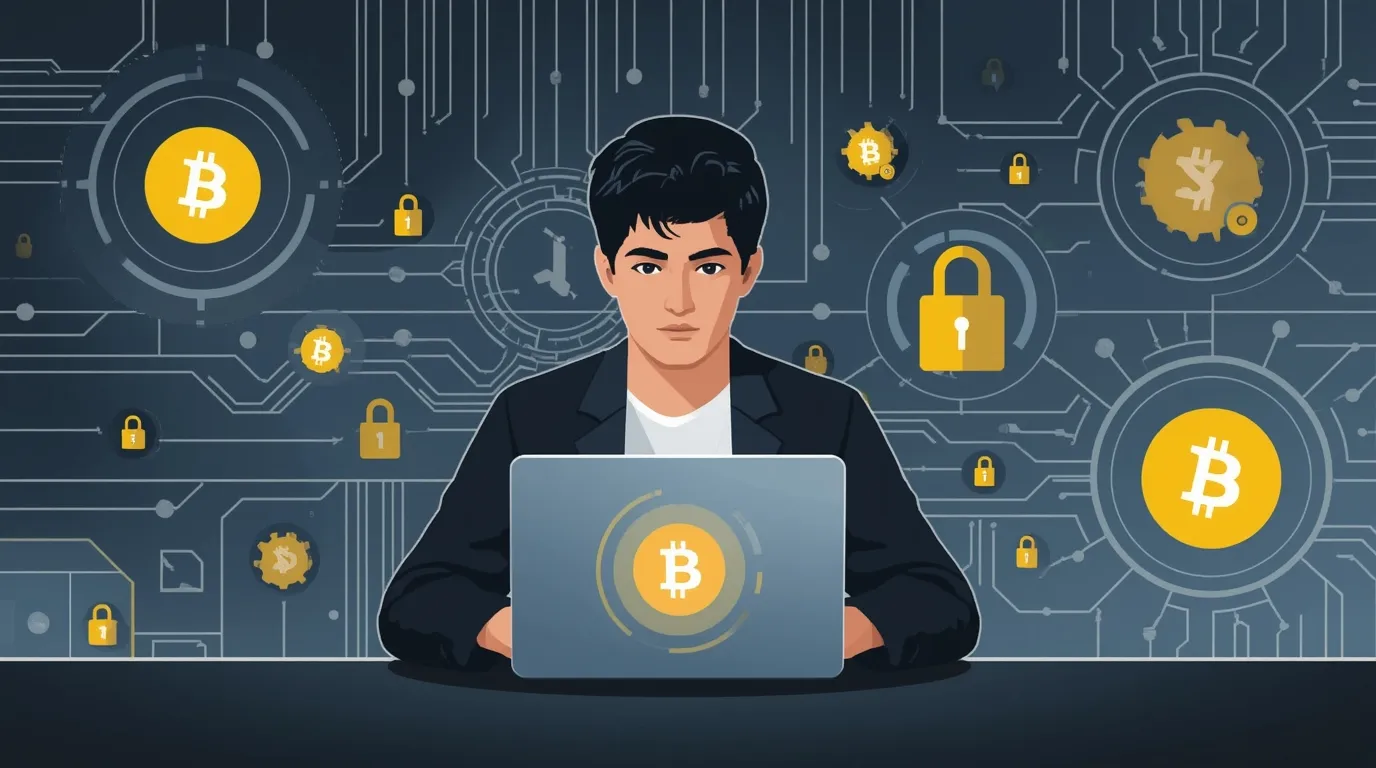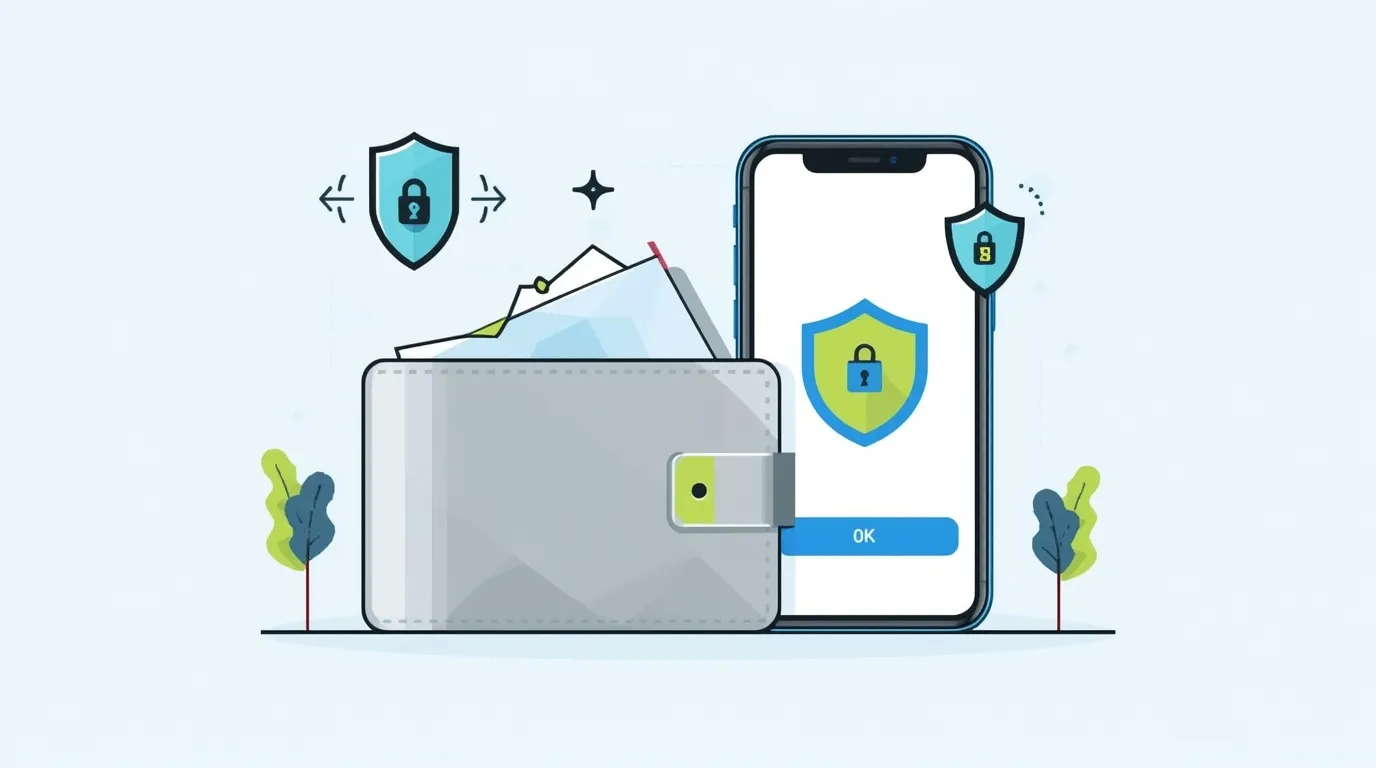Why Personal Wallets Are the New Battleground in Crypto Security (Lessons from Q3 2025)

Crypto hacks aren’t going anywhere — but the way they happen has shifted. The latest Q3 2025 report shows overall losses from hacks dropped by 37% compared to last year. Sounds good, right? But here’s the twist: instead of chasing big DeFi protocols, attackers are now going after individual wallets.
For regular users, that’s a huge deal. You don’t need to be a whale or run a billion-dollar exchange anymore to be on someone’s radar. Just having a wallet with a couple thousand dollars in it makes you a target.
From Protocols to Wallets: The New Hacker Playbook
Back in 2021–2023, the headlines were all about DeFi bridges and lending protocols getting drained for hundreds of millions. Remember Ronin? Poly Network? Billions gone in single hacks.
But platforms have grown up. Audits, bug bounties, constant monitoring — they’re not invincible, but they’re definitely harder to break. Hackers don’t like hard work. So they’ve shifted their attention to something much easier: you and me.
Personal wallets are soft targets. A seed phrase stored in the wrong place, a browser extension you trust too much, or a quick “approve” click on a shady site — that’s all it takes.
What “Wallet Hacked” Really Means
When someone says “my wallet got hacked,” most people imagine a supercomputer cracking private keys. In reality, that’s not happening. What is happening is much simpler — and scarier:
- You clicked a link that looked like MetaMask but wasn’t.
- You installed a fake extension or mobile app and typed in your seed.
- You approved a contract you didn’t understand, and it had permission to drain everything.
- Malware swapped out the wallet address you copied, and you didn’t notice.
These attacks don’t need magic. They just need you to be in a hurry, distracted, or overly trusting. And that’s why they work.
Real Scams We Saw in Q3 2025
The numbers tell the story:
- Address poisoning on Ethereum — scammers slipped fake “look-alike” addresses into transaction histories. People copied them without checking and sent money straight to the attacker.
- Fake airdrops — polished websites offered “exclusive tokens” if you connected your wallet. One click, and goodbye funds.
- Wallet tests — researchers looked at 53 popular Ethereum wallets. Sixteen were wide open to phishing, and only three actually warned users.
If you think hacks only happen to big projects, think again. The weakest link now is personal security.

How to Actually Protect Your Wallet
Let’s get practical. Here’s what makes a difference in real life:
Use hardware wallets for real money
Hot wallets are fine for small, everyday stuff. But if you’re holding thousands, move it to a hardware wallet.
Keep a trusted address book
Don’t rely on your memory or the “recent” list. Save and double-check addresses you use often.
Have a burner wallet
Curious about that new dApp or airdrop? Test it with a wallet that has nothing inside. Worst case, you lose $20, not your savings.
Clean up permissions
Most people forget they’ve given “infinite approval” to random apps months ago. Use tools like Revoke.cash and cut those ties.
Bookmark the real sites
Don’t Google “Binance login.” Bookmark it once, and use that. It kills 90% of phishing attempts.
Stay updated
Outdated extensions and apps are hacker candy. Update them regularly.
What’s Coming Next
Here’s what we’ll probably see more of:
- AI-powered scams — deepfake voices and “support agents” that sound terrifyingly real.
- Smarter wallets — expect more apps to warn you about sketchy approvals or look-alike addresses.
- MPC wallets — splitting your private key into pieces, so no single device holds the whole thing.
- Insurance for individuals — wallet protection products are already being tested.
Bottom line: the cat-and-mouse game is moving to the personal level.
Final Thoughts
Hackers go where it’s easy. Right now, that’s your wallet.
The good news? You don’t need to be a security expert to protect yourself. A few habits — hardware wallets, whitelisting, burner accounts, double-checking links — will save you from 90% of the nonsense out there.
Crypto has always been about freedom and self-custody. But with freedom comes responsibility. And in 2025, that responsibility starts with keeping your wallet safe.